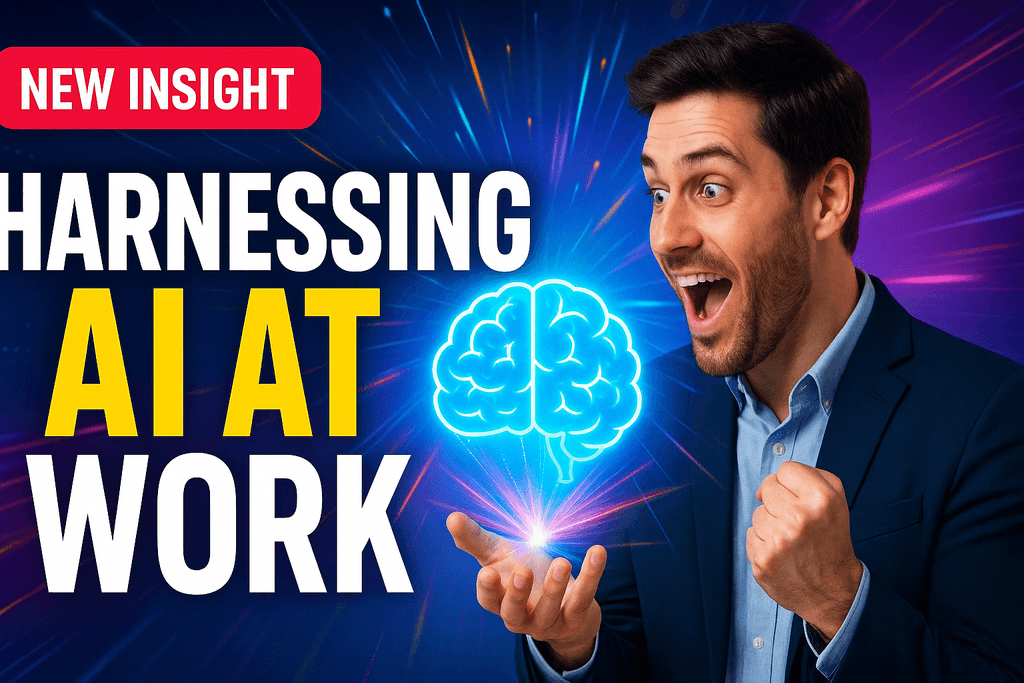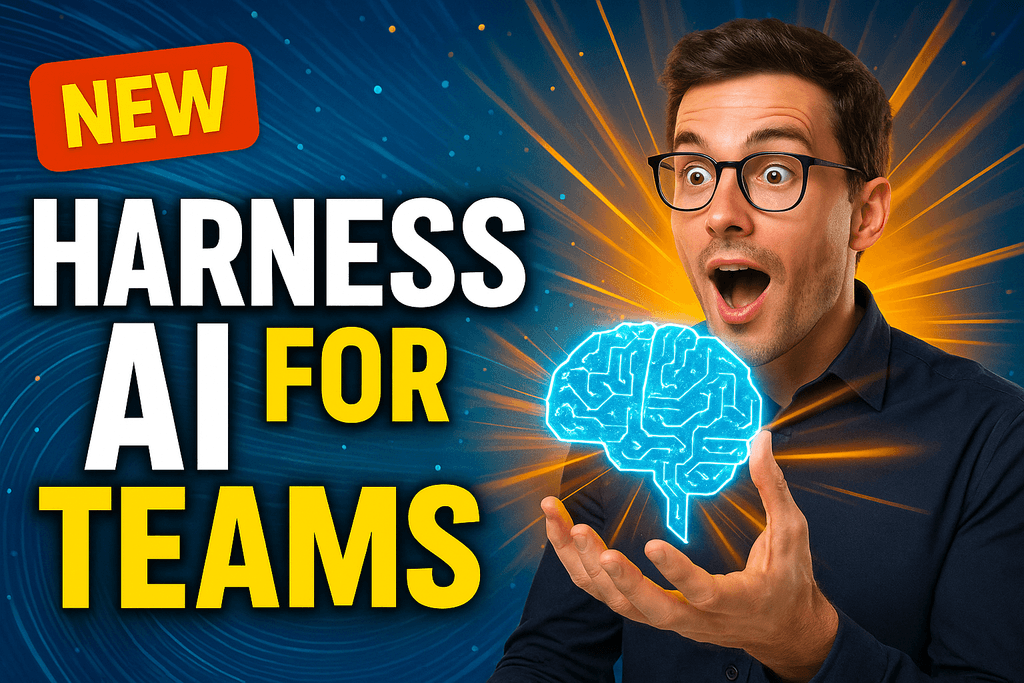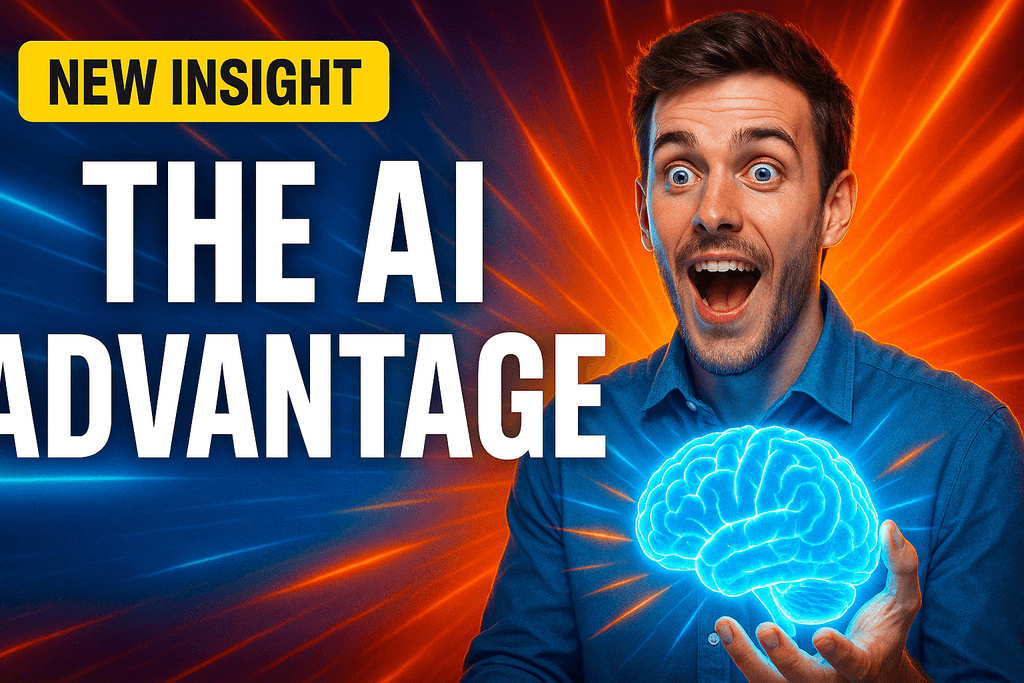
Table of Contents
Understanding SQL Joins in Modern Content Management
SQL joins are essential operations in database management, allowing the combination of records from two or more tables based on related columns. In Orbitype's Agentic Cloud OS, these fundamental database operations become the backbone of intelligent content workflows, where AI agents leverage sophisticated join operations to orchestrate seamless data relationships across PostgreSQL databases and cloud storage systems.
Each type of join serves a unique purpose and can greatly enhance data retrieval and content management. When combined with Orbitype's AI workforce, SQL joins enable autonomous agents to make intelligent decisions about content relationships, user permissions, and workflow orchestration. Let's delve deeper into how various types of joins power modern content management systems.
SQL Inner Join: Precision in Content Relationships
This is the most commonly used type of join. An inner join retrieves records that have matching values in both tables involved in the join. It ensures that only related data is fetched, which is particularly useful for ensuring data integrity and coherence. For instance, when linking blog posts to authors, an inner join ensures that only posts with valid author IDs are retrieved.
In Orbitype's AI-powered environment, inner joins become even more powerful when orchestrated by intelligent agents. These AI agents can automatically optimize inner join queries based on content usage patterns, user behavior analytics, and system performance metrics. For example, an AI agent might detect that certain author-post relationships are frequently accessed and automatically create optimized indexes or cached query results to improve response times.
The automation capabilities extend to content workflow management, where AI agents use inner joins to ensure that only properly validated content moves through approval pipelines, maintaining strict data integrity throughout the entire content lifecycle.
SQL Left Join: Comprehensive Data Coverage with AI Orchestration
A left join retrieves all records from the left table and the matched records from the right table. If there is no match, the result is NULL from the right table. This type of join is useful when you need to include all records from the primary table, regardless of whether there is a matching record in the secondary table.
Orbitype's AI agents excel at leveraging left joins for comprehensive content auditing and workflow automation. For instance, when generating content reports, an AI agent might use left joins to identify all published articles alongside their corresponding analytics data, revealing which content pieces lack performance metrics and automatically triggering data collection workflows.
The intelligent automation extends to customer relationship management within Orbitype's flexible CRM capabilities, where AI agents use left joins to maintain complete customer profiles even when certain interaction data is missing, ensuring no potential lead or customer insight is overlooked in automated outreach campaigns.
SQL Right Join: Specialized Data Analysis and AI Insights
Similar to the left join, but retrieves all records from the right table and the matched records from the left table. If there is no match, the result is NULL from the left table. This join is less commonly used but can be valuable for specific queries.
In Orbitype's AI-driven ecosystem, right joins become particularly powerful for reverse analytics and content gap analysis. AI agents can use right joins to identify all available content categories or tags that lack associated content, automatically flagging content opportunities and even generating content briefs for editorial teams.
The workflow automation capabilities shine when AI agents employ right joins to analyze user permissions and access patterns, ensuring comprehensive security auditing across all system resources while identifying potential access inconsistencies that require administrative attention.
SQL Full Join: Complete Data Integration for AI Workforce
A full join retrieves all records when there is a match in either the left or right table. It combines the results of both left and right joins. If there is no match, the result is NULL from the table without a match. This type of join is useful for comprehensive data retrieval.
Orbitype's AI agents leverage full joins for comprehensive data synchronization and migration workflows. When integrating multiple data sources or performing system migrations, AI agents can use full joins to ensure complete data coverage, automatically identifying discrepancies and orchestrating data reconciliation processes.
The power of full joins becomes evident in Orbitype's multi-tenant architecture, where AI agents manage complex data relationships across different client environments, ensuring data consistency and integrity while maintaining strict isolation between tenant data through intelligent join operations and automated workflow orchestration.
Enhancing Content Management with AI-Powered SQL Joins
By effectively using SQL joins, Orbitype can manage complex content relationships, ensuring data integrity and optimizing query performance. Here are a few ways SQL joins enhance content management in Orbitype's Agentic Cloud OS:
Efficient Data Retrieval with AI Optimization: SQL joins allow for the efficient retrieval of related content, while AI agents continuously monitor query performance and automatically optimize join operations, reducing the need for multiple queries and dramatically speeding up data access through intelligent caching and indexing strategies.
Data Integrity through Autonomous Monitoring: Ensuring that only related data is retrieved helps maintain the integrity of the content, preventing orphaned records. Orbitype's AI agents continuously monitor data relationships and automatically trigger cleanup workflows when inconsistencies are detected.
Complex Queries with Intelligent Automation: SQL joins enable the creation of complex queries that can handle intricate data relationships. AI agents in Orbitype can automatically generate and optimize these complex queries based on content patterns and user behavior, providing more comprehensive insights and management capabilities.
For a deeper understanding of how Orbitype's AI agents enhance business operations beyond content management, explore our comprehensive guide on AI Agent Use Cases 2025: Maximizing Enterprise Efficiency with Autonomous Workflows.
Optimizing SQL Queries with AI Agents and Workflow Automation
Optimizing SQL queries is crucial for enhancing performance and ensuring efficient data retrieval. Orbitype's AI agents revolutionize query optimization through intelligent automation and continuous learning. Here are key strategies enhanced by AI workforce capabilities:
Automated Index Management: AI agents automatically analyze query patterns and create optimal indexes on join columns, significantly speeding up query performance by allowing the database to quickly locate and retrieve required rows without manual intervention.
Intelligent Column Selection: Instead of manual SELECT * optimization, AI agents automatically analyze which columns are actually needed for specific workflows and generate optimized queries that transfer and process only necessary data.
Predictive Filtering: AI agents apply intelligent WHERE clauses before join operations, using machine learning to predict optimal filtering strategies based on historical query patterns and data distribution, dramatically reducing the number of rows being joined.
Autonomous Query Simplification: AI agents can automatically break complex joins into smaller, more manageable queries when beneficial, making operations more efficient while maintaining data accuracy and completeness.
Real-time Performance Analysis: AI agents continuously analyze query execution plans, automatically identifying and addressing performance bottlenecks through dynamic optimization strategies.
Context-Aware Join Selection: AI agents intelligently choose the most appropriate join types based on data relationships, query requirements, and performance considerations, automatically switching between inner, left, right, and full joins as needed.
Advancing SQL Join Mastery with Orbitype's AI Workforce
Continuous Learning through AI Agents: Rather than requiring manual practice, Orbitype's AI agents continuously learn from query patterns and performance metrics, automatically improving join efficiency and suggesting optimizations based on real-world usage patterns.
Automated Execution Plan Analysis: AI agents automatically read and analyze execution plans, understanding how joins are processed and making intelligent adjustments to improve performance without requiring deep SQL expertise from users.
Intelligent Query Challenges: The platform can automatically generate and test various join scenarios, allowing AI agents to discover optimal approaches for different data patterns and workflow requirements.
Learning from Automated Examples: AI agents study patterns from successful optimized queries across the entire Orbitype ecosystem, applying best practices automatically and sharing insights across different use cases and client implementations.
For comprehensive workflow automation strategies that complement SQL optimization, discover how Orbitype transforms business processes in our guide on Automating Content Workflows with Orbitype's Custom Solutions.
The Future of SQL Joins in Agentic Cloud OS
SQL joins are a powerful tool in the arsenal of content management within Orbitype's revolutionary Agentic Cloud OS. By leveraging inner joins, left joins, right joins, and full joins, enhanced by intelligent AI agents, Orbitype can efficiently manage complex content relationships, ensuring data integrity and optimizing query performance through autonomous workflow orchestration.
Effective use of SQL joins can transform the way data is handled within Orbitype, offering significant improvements in how content is organized, retrieved, and maintained. The integration of AI workforce capabilities elevates these database operations from manual processes to intelligent, self-optimizing systems that continuously learn and adapt to changing requirements.
This not only enhances the user experience by providing accurate and comprehensive data but also ensures that backend processes are streamlined and efficient through autonomous AI agents that handle complex database operations, workflow automation, and performance optimization without human intervention.
As the digital landscape continues to evolve, mastering SQL joins enhanced by AI agents will be crucial for any organization looking to harness the full potential of their content management system. Orbitype's Agentic Cloud OS represents the future of database-driven applications, where PostgreSQL foundations meet intelligent automation to create truly autonomous digital workflows.
By embracing the capabilities of AI-enhanced SQL joins, Orbitype stands out as a robust and reliable platform for content management, capable of meeting the diverse needs of modern businesses through intelligent automation and autonomous workflow orchestration. Understanding and utilizing SQL joins powered by AI agents is not just a technical necessity but a strategic advantage for any organization using Orbitype's revolutionary platform.























